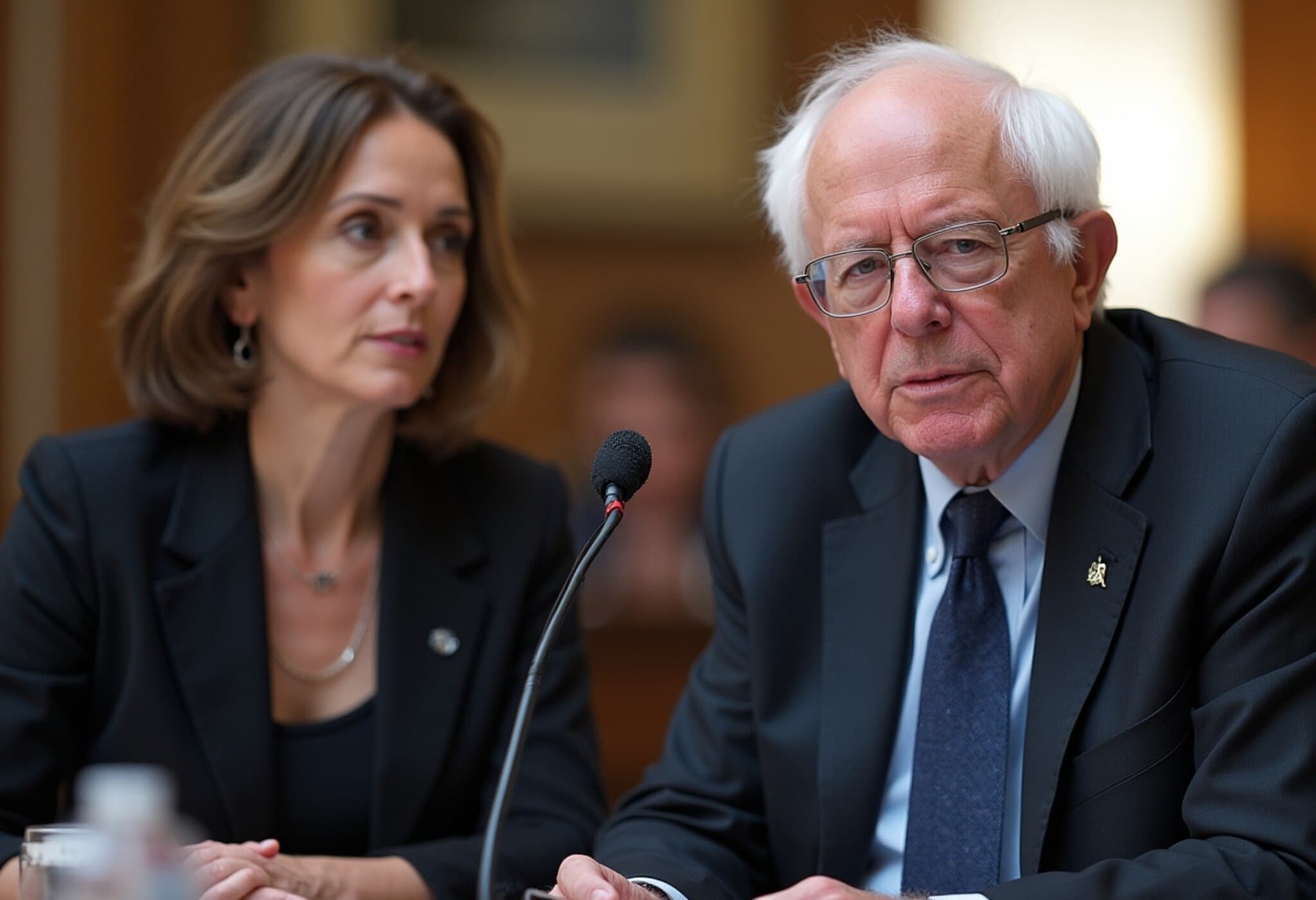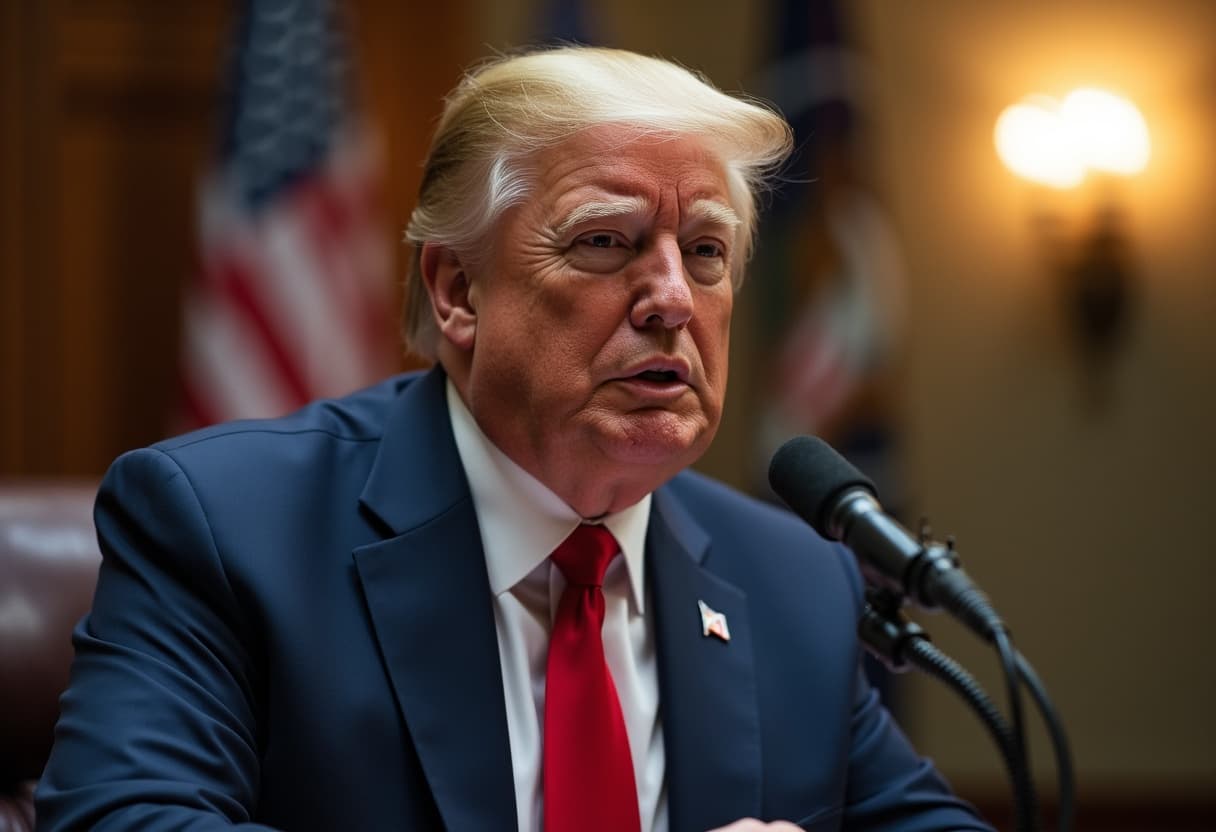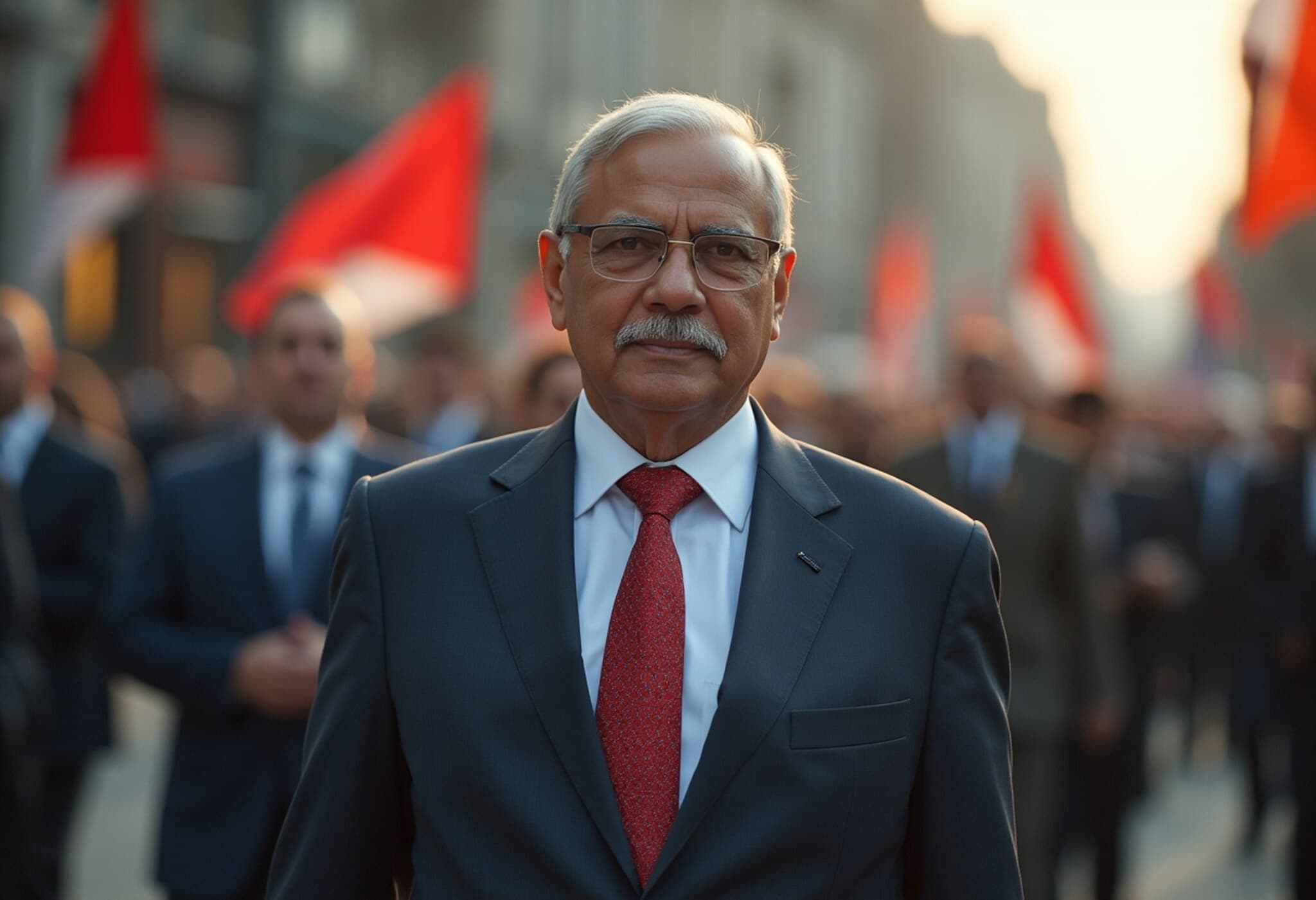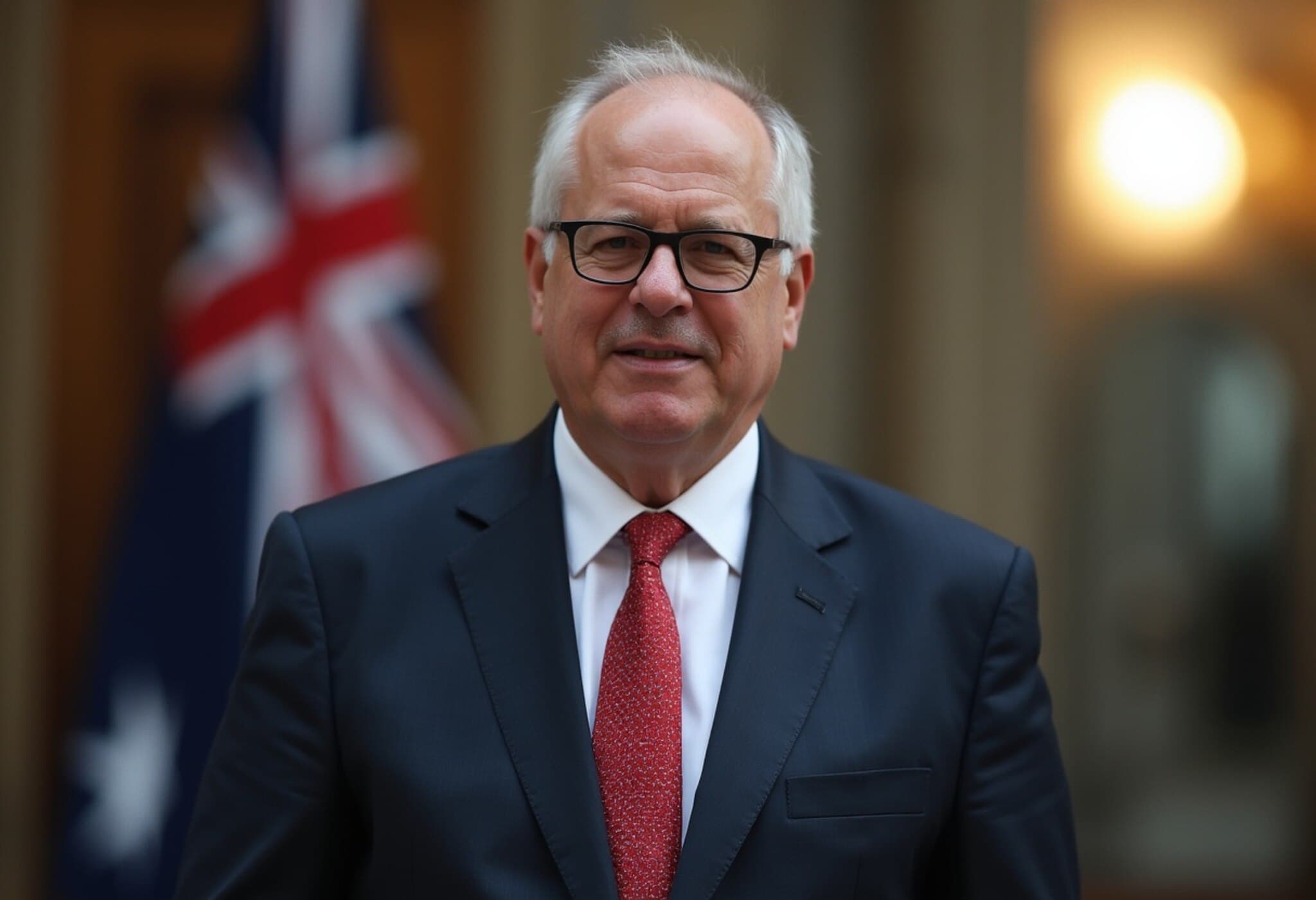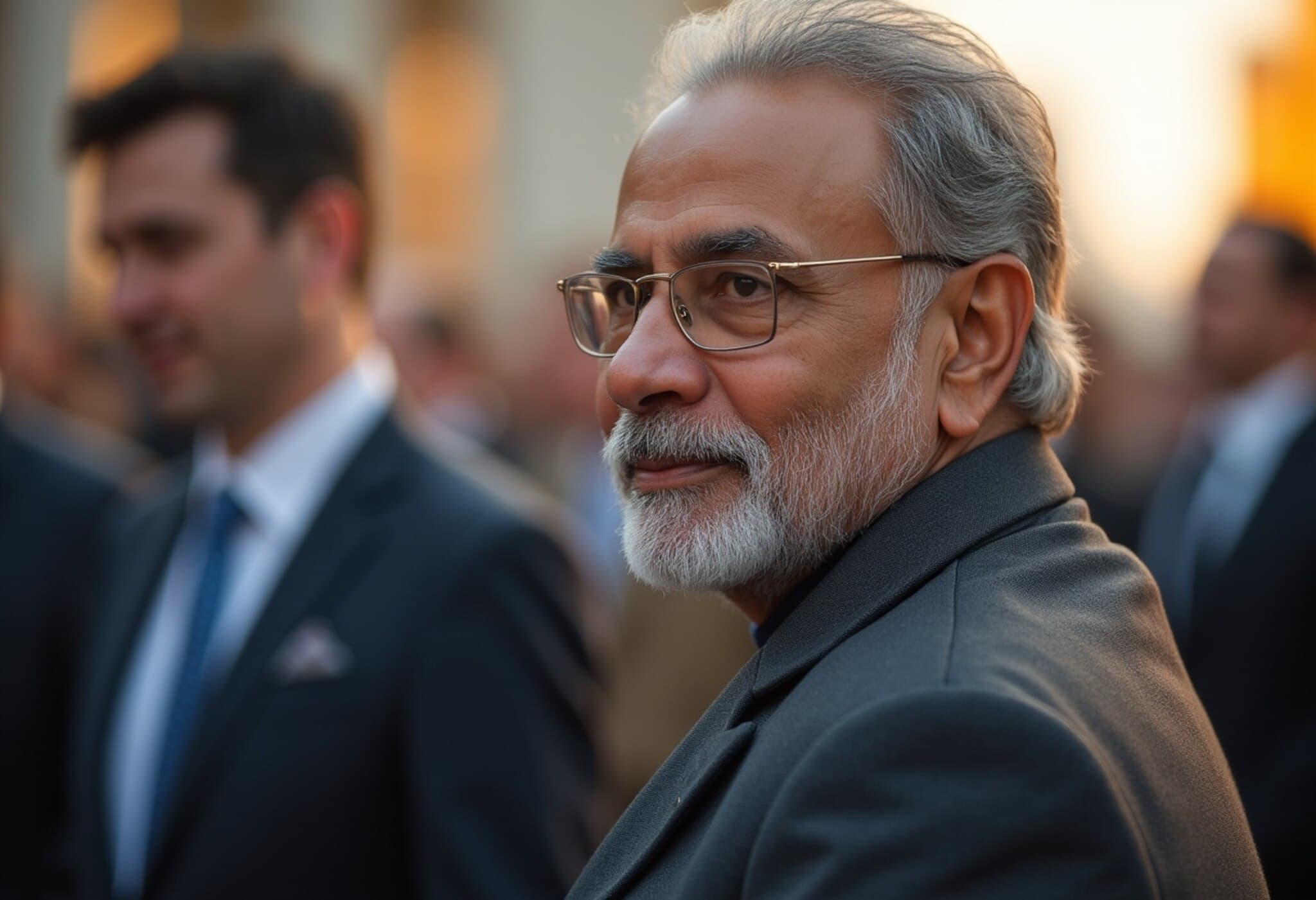US Political Figures Across Spectrum Express Concern Over Gaza Crisis
In a rare moment of bipartisan convergence, far-right Republican Marjorie Taylor Greene and independent Democratic Senator Bernie Sanders have both voiced alarm over the escalating humanitarian disaster unfolding in Gaza. Their statements come amidst mounting international calls to address a looming famine threatening the region's civilian population.
Opposing Voices, Shared Concern
Senator Bernie Sanders, known for his progressive stance and persistent advocacy against arms sales to conflict zones, took to social media platform X to criticize the lack of action from former President Donald Trump regarding Gaza’s starvation threat. Sanders called on Trump to leverage his influence to halt the humanitarian crisis, emphasizing that continuing to fund Israeli military operations with American taxpayer money is unacceptable.
“Let’s be clear: President Trump has the power to end the starvation of the Palestinian people. Instead, he is doing nothing while watching this famine unfold. Enough is enough,” Sanders wrote, highlighting bipartisan unease over US foreign aid priorities.
Conversely, Marjorie Taylor Greene, a prominent and often controversial figure on the US far-right, broke ranks with much of her party by acknowledging the severe suffering endured by civilians in Gaza. While reaffirming Israel’s right to defend itself against Hamas, Greene condemned the indiscriminate hardships faced by innocent Palestinians, painting them as victims of a broader tragedy.
Greene’s Stark Language on Gaza
Greene went further than many of her congressional peers, labeling the situation in Gaza a “genocide”—a term fraught with legal and political gravity. In candid remarks, she expressed discomfort with US military and financial backing of Israel’s actions, framing it as an unwanted complicity in violence against civilians.
“I don’t want to pay for genocide in a foreign country against a foreign people for a foreign war that I had nothing to do with,” she declared, spotlighting ethical dilemmas facing American taxpayers.
Her perspective sparked debate within far-right circles, notably drawing criticism from fellow activist Laura Loomer, who accused Greene of undermining national security by advocating compassion for Palestinians. This intra-party conflict underscores the complexity and divisiveness of the Gaza issue even within ideologically aligned groups.
Contextualizing the Gaza Humanitarian Crisis
International bodies, including the United Nations, have painted a grim picture of Gaza’s situation. Last week, the UN’s Integrated Food Security Phase Classification reported a man-made famine spreading rapidly across the region. The classification warns that immediate, large-scale intervention is essential to prevent widespread starvation.
- UN Secretary-General's warning: The famine represents a "failure of humanity."
- IPC Report: Emphasizes that famine is preventable if concerted action is taken.
- Coordination of Government Activities in the Territories (COGAT): Israeli agency disputes the famine claims, attributing data bias to reports from Hamas.
The United States' ambassador to Israel echoed skepticism about the famine narrative, accusing the UN of corruption and inefficacy while pointing out alleged misappropriation of aid by Hamas. These conflicting accounts illustrate the contentious nature of information surrounding Gaza and highlight the challenges in mounting an effective humanitarian response.
Why Bipartisan Concern Matters
The vocal concerns from figures as ideologically distinct as Greene and Sanders signal a potential shift in American political discourse regarding foreign aid and humanitarian policy. Traditionally, foreign policy debates in the US Congress have been dominated by partisanship, with limited crossover on sensitive issues like Israeli-Palestinian conflicts.
This convergence may indicate a growing public and political appetite for reassessing the US’s role in overseas conflicts, especially when American support implicates civilians’ suffering abroad. It raises essential questions about the ethical responsibilities of US legislators regarding international humanitarian crises and the long-term implications of military aid as a tool of foreign policy.
Underreported Angles and Critical Questions
- Ethical Ambiguities: How do US aid policies balance between supporting allies and preventing civilian casualties?
- Internal Political Divides: Greene’s break from party orthodoxy raises questions about ideological flexibility on humanitarian issues.
- Information Warfare: Disputes over famine reports point to the strategic use of information in conflict zones.
- Public Opinion Impact: What role does bipartisan dialogue play in shaping American voters’ perspectives on foreign humanitarian crises?
Looking Ahead
As the Gaza crisis continues to unfold, Congressional voices across the aisle will likely influence US policy and humanitarian engagement. Their statements underscore the urgent need for transparent investigation and compassionate response strategies to alleviate suffering without exacerbating conflict.
Editor’s Note
This rare alignment between far-right and progressive US politicians on the Gaza situation exposes both the complexity and humanity of foreign policy debates. It challenges ingrained narratives and invites American citizens to reflect on pressing ethical dilemmas: How should national interests align with global humanitarian responsibilities? At what point does bipartisan consensus emerge on issues transcending politics? As the Gaza crisis persists, such questions remain pivotal for policymakers and the public alike.

